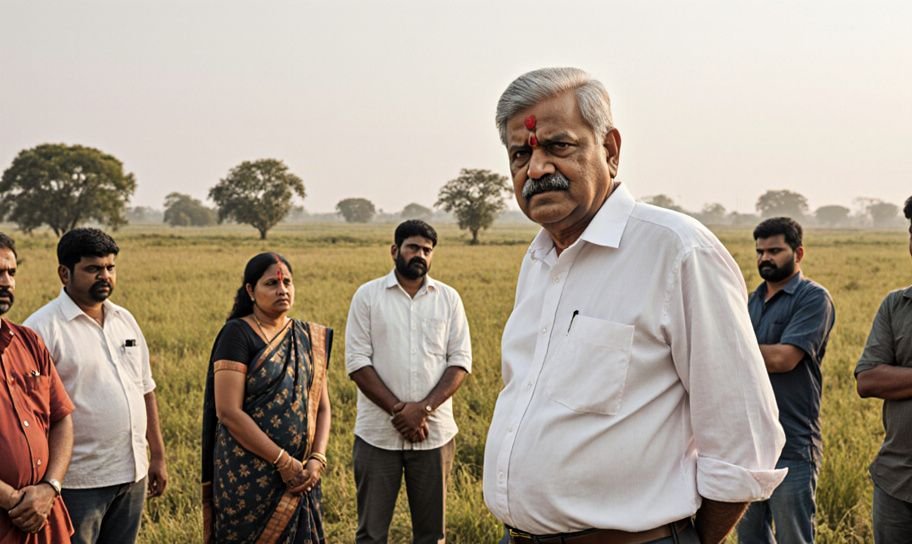
Quick Summary: In a case involving a 700-day delay in submitting a written statement, the court decided against giving more time. Justice Moushumi Bhattacharya supported the trial court's decision, stressing that the delay wasn't reasonable.
This case is about a request to review a decision made by a lower court, filed by Sri D Raji Reddy. He was involved in a legal fight over dividing and owning land with several others, including Sri Mandchala Bhalram and others. The problem started because Sri D Raji Reddy, who was the sixth person being sued in the original case, took 700 extra days to submit his written statement.
The trial court, led by the II Additional Senior Civil Judge at Medchal-Malkajgiri District, did not find Sri D Raji Reddy’s reasons for the delay convincing. His main excuse was that he was out of town and couldn't submit the statement on time. The court found this unacceptable and was concerned that allowing such a long delay would mess up the legal process.
"The reasons given by the petitioner for the excessive delay of 700 days is not acceptable." — Trial Court
Justice Moushumi Bhattacharya looked over the case and agreed with the trial court. She noted that the written statement Sri D Raji Reddy submitted confirmed the 700-day delay. The rule says that people being sued must submit their written statements within 90 days, and Sri D Raji Reddy's request was way past this limit.
"The Court cannot allow the submission of a Written Statement beyond 30+60 days from the time the summons is received." — Justice Bhattacharya
Another problem was that Sri D Raji Reddy filed his request under the wrong rule. This further weakened his case, as the court found no good reason to give him more time.
The court rejected the request to review the decision, closed any remaining related requests, and decided not to charge any fees. This decision highlights the importance of following legal deadlines and the difficulty of explaining long delays in court cases.